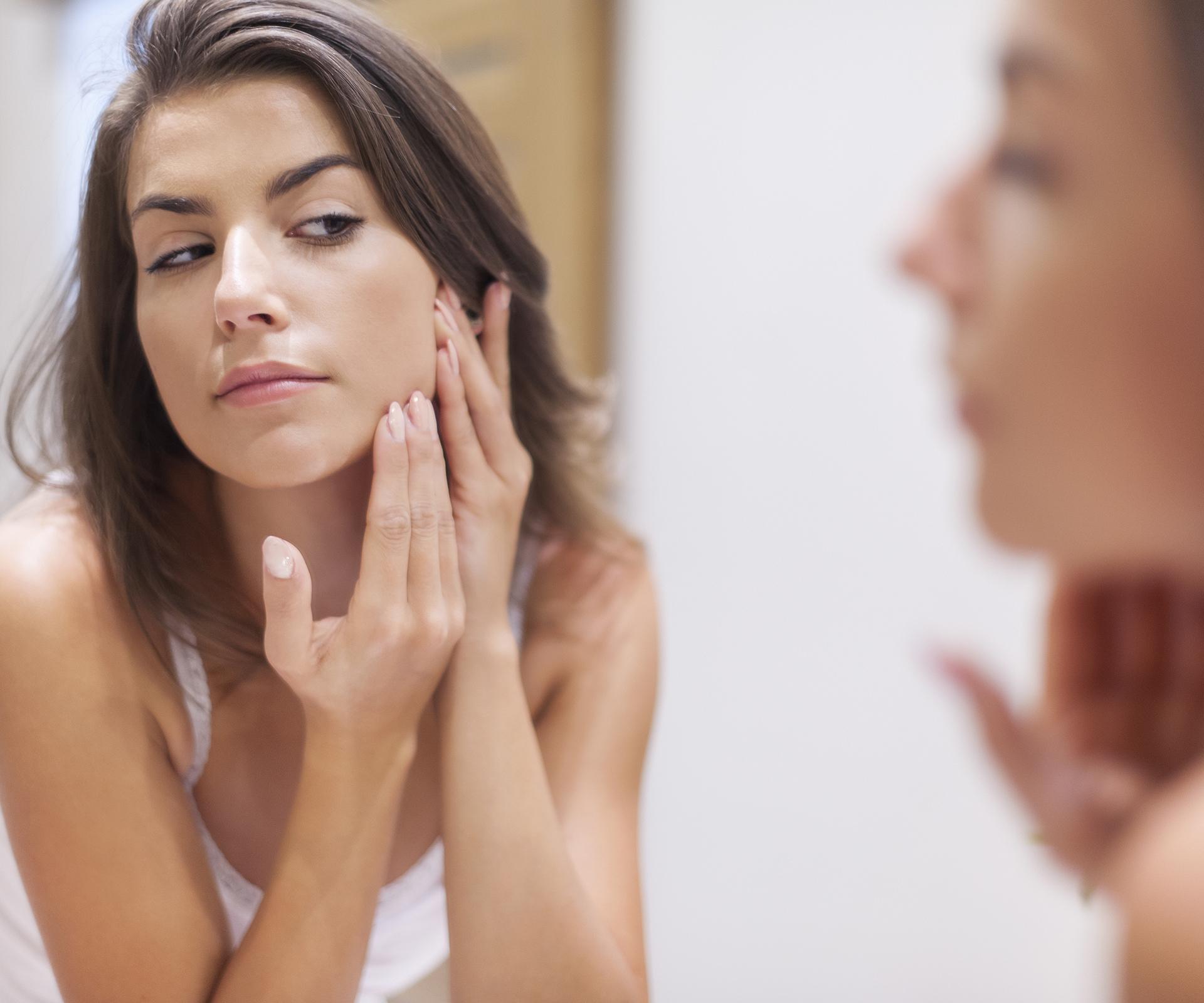We all long for blemish-free skin, but for most of us, it is a constant battle. We might have been plagued by pimples during our teenage years, only to find ourselves with worse blemishes in our late 20s, 30s or even 40s.
The truth is acne doesn’t discriminate when it comes to age.
“Adult acne occurs for the same basic reasons as adolescent acne,” says Richard Fried, author of Healing Adult Acne: Your Guide To Clear Skin & Self-confidence. “The follicular lining cells respond abnormally to androgens [male hormones] and there is often inflammation. What remains unclear is why we are seeing an epidemic of adult acne.”
“Adult acne lesions tend to be deeper, more cystic [feeling like a rubber ball] and more localised to the centre of the face and the jawline than adolescent acne.”
While most acne clears before the early 20s, many people continue to have breakouts. There are also people who develop skin problems for the first time beyond this age.
“The peak time of onset is early to mid-20s through to mid- to late- 30s,” says dermatologist Dr Chris Kearney from Sydney Specialist Dermatology. “Unfortunately, this means that one can be faced with acne, wrinkles and grey hair at the same time.”
“One piece of good news is that acne- prone skin tends to wrinkle less because of the increased levels of oils in the skin, which are nature’s moisturiser for the skin and superior to any man-made moisturiser.” So if you’re ready to find a solution to those nasty breakouts and reclaim flawless skin, first you need to understand the root cause.”
The causes of acne
From hormones to genetics to your skincare regimen, acne can be triggered by many factors.
“The cause of adult acne is often multi-factorial. However, genetics are the largest determinant of who is and who is not affected,” says Dr Kearney. “This does not necessarily mean a relative has to have suffered from it, but it means that the tendency is pre-programmed into your genes. Having had teenage acne can be a factor. However, a large number of women who are affected by adult acne have had no significant teenage acne.”
Then there are hormones. According to Dr Kearney, adult acne is much more common in women than in men.
“About 10 to 20 per cent of women suffer from adult acne, compared to 3 per cent of men,” he says. “The hormones do not need to be out of balance to any serious degree, but slight alterations can lead to adult acne in some. Often, patients notice an effect on their skin with the menstrual cycle, pregnancy and use of the oral contraceptive pill. Things that affect the hormones, such as weight, diet, exercise and stress, can also affect adult acne.”
Richard Fried describes the changes in a woman’s body over her lifetime as a “hormonal roller-coaster”. He says following puberty, hormone levels generally stabilise, but can be disrupted by the use of the oral contraceptive pill, pregnancy and menopause when oestrogen levels fall rapidly. Medical conditions such as polycystic ovarian syndrome can also be behind breakouts.
See your doctor
Skin problems are distressing at any age, so if you’re having frequent or severe breakouts, visiting a professional should be at the top of your to-do list.
“It is time to see a dermatologist if there is a suggestion of scarring of the skin or if the acne is causing distress in any way, including psychologically,” Dr Kearney says. “Treatment of adult acne is often difficult and most reliably successful treatments include oral medications which all have some associated risks or side-effects, however small.”
Patients that prefer non-oral treatments might find laser, radio frequency or Intense Pulsed Light (IPL) helpful in preventing pimples.
“The laser aims to damage the bacteria wall, effectively killing the bacteria,” says Rochelle Collis from Laser Clinics Australia in Bondi Junction, Sydney. “Less acne bacteria should help reduce symptoms of acne,” she explains, adding, “It’s a temporary fix as bacteria tend to grow back quickly.”
Rochelle also suggests cosmedical grade peels to reduce blockages.
“The ingredients of a chemical peel contain anti-bacterial quantities, which smooth the infection. Chemical peeling involves the application of a chemical agent to the skin in order to remove the outer layer, revealing brighter, healthier skin beneath. Generally, a slight tingling to warm sensation is felt on application and downtime generally consists of three to four days of dry skin while the outer layer peels off.”
How to treat it
The market is flooded with topical treatments, including face washes, creams, wipes, gels and masks, but which ones work? Dr Chris Kearney recommends taking care with the use of topical acne treatments.
“Acne-affected skin needs to be treated gently, since it is already inflamed,” he warns. “Most topical treatments are irritating to the skin, as they aim to exfoliate it and unblock pores. However, this often leads to increased redness and, if severe, the extra inflammation can actually lead to further blocking of pores. Ingredients that have been shown to be active against acne include medical-grade vitamin A [on prescription only] and hydroxy acids, such as salicylic acid and glycolic acid. However, these are quite irritating and should be used gently.”


.jpg)
